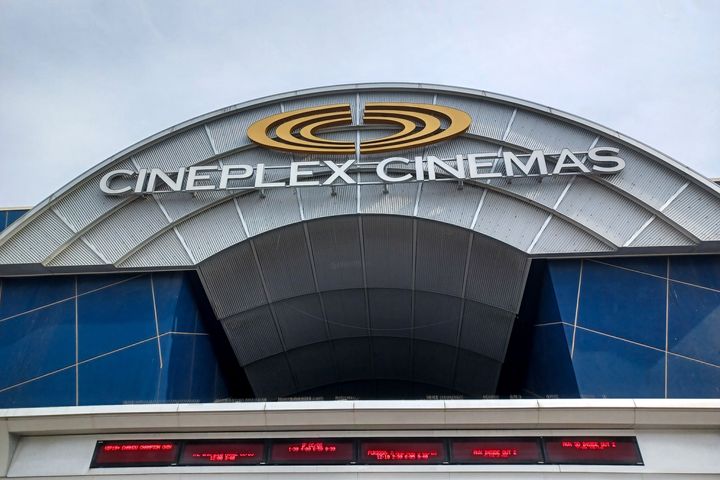
TIFF Review: The Man from London
Although it's too early to call a masterpiece, Bela Tarr's The Man from London is the Hungarian master's leanest, most realized and plot-driven film to date. This monochromatic genre film -- that is at once obedient to the rules but also manages to be anti-genre -- is still monumentally dense and challenging.
The opening scene is astonishing in its pure bravado, an orchestration of movement and space so complex, it rivals that of any ever wrought by the Russian "sculptor of time" Andrei Tarkovsky. In it, our hero Maloin, a burly laconic railway worker, becomes a witness to a heist and a murder. Yet what Tarr does with this conventional plot setup is remarkable: in a single unending shot, the mise-en-scene somehow morphs into a point-of-view, then to an over-the-shoulder, and back out to a master shot again. Lasting what seems like an eternity, the camera swings back and forth, and glides without boundaries -- at times, I swear it goes through walls. Anyone with a vested interest in the mechanics of filmmaking may likely ponder: how the hell is he pulling this off?
Maloin is the classic existential hero, a Camusian loner drifting through the tides of his own fatalism. The constant bickering with his unloving wife has kept him numb and miserable, while his depressed teenage daughter works a demeaning job mopping floors in a tight mini-skirt. But when Maloin finds a suitcase full of money from the crime scene, the ethical schism that tears through his humdrum existence leads him to a tragic but inevitable fate.
The cathartic conclusion, despite not being as elaborate and showy as the opening, holds tremendous power. What seemed impenetrable at first becomes clear -- and simple really -- not with wordy expositions, but somehow through the logical way the events fit together. I was reminded of those final scenes in a Robert Bresson film, particularly Pickpocket and L'Argent, in which spiritual redemption and tragedy run side by side.
The images of Tarr are some of the most long-lasting imprints in recent memory. They haunt and linger like few others, only to surface with greater impact upon hindsight and reflection. I've been an admirer of Tarr since I saw his 7 1/2 hour masterpiece Satantango, and that admiration deepened and cemented with Werckmeister Harmonies. I believe that amongst the great virtuosos of contemporary world cinema, he may truly be the worthy successor to Tarkovsky; a bona fide master of austere cinema with his own maturely defined grammar.
---
Remaining screentimes:
Saturday September 8 12:45PM @ SCOTIABANK THEATRE
Friday September 14 8:30PM @ VARSITY
(Photo: Scene from The Man from London)
Latest Videos
Latest Videos
Join the conversation Load comments






